Program Information
Ruins: Ceremony & Speculation
Framed by the ever-increasing damage to the biosphere, and forces of war and genocide, the world is haunted ruins; and it’s there on that terror-ground we find ourselves troubled by questions: how precisely can writing address this era of ruined realities of persons, animals, spirits and cities; what are the songs and ceremonies that could give access to an “equal music,” a music that does justice to the world at the brink, the person pressed to the edge of all living, the disappearance of almost innumerable species; what are the rituals & ceremonies that have sustained creativity and poesis from the beginning of culture as a material practice; what ceremonies are called for now, and which are the ones that will open to living formations and reconstruction. Nancy Spero’s “Dance is the First Language,” leaps to mind as a vibrant example recalling that the body itself is ceremonial, that forms of public gathering are also forms of ceremony.
We’ll try and tap into the time of ceremony as the form of time in which the archaic and the contemporary fuse, or align, or intersect, or collide; and we’ll write from that zone instantiated by repetition, shared concentration, and ritual action. We’ll meditate on the possible and the open fields of futurity; we’ll think through speculative lenses as disciplines of writing the antithesis reality, rather than writing under endless war. “Where life is precious life is precious,” Ruth Wilson Gilmore argues in a perfect tautology of counter-reality to the ruination that follows from the regime of Capital’s “organized abandonment” of too many communities. “Where life is precious life is precious” is a simple and absolute formula of circular reasoning, and we intend to invoke the logic of the circle, that first language of ceremony: joining hands––
Week 2 Schedule
All events will be held in the Performing Arts Center on Naropa University’s Arapahoe Campus, unless otherwise noted.
All readings will be live streamed on Naropa’s YouTube channel.
Monday, 6/17
1:00–2:30 PM :: Opening Panel: Ruins: Ceremony & Speculation
Panelists: Anne Waldman (chair): Roger Reeves; Carolina Ebeid; Andrea Abi-Karam; Dawn Lundy Martin
3:00–4:00 PM :: MFA Lecture :: Stella Corso
Tuesday, 6/18
1:00–2:30 PM :: Lecture :: Graham Foust
3:00–4:00 PM :: Embodied Unconscious anthology presentation
7:00–9:30 PM :: Faculty Reading :: Suzi Q. Smith, Matthew Cooperman; Graham Foust; Danielle Vogel; Andrea Abi-Karam
Wednesday, 6/19
1:00–3:00 PM :: Dharma Arts :: TBD
7:00–9:30 PM :: SWP Staff Reading
Thursday, 6/20
1:00–2:00 PM :: Artist Talk :: Danielle Vogel
2:30–3:30 PM :: Cinepoetics
4:00–5:30 PM :: Student Panel
7:00–9:30 PM :: Faculty Reading: Monica Jiménez; Stella Corso; Valerie Hsiung; Dawn Lundy Martin
Friday, 6/21
1:00–2:30 PM :: Artist Talk :: Lucia Hinojosa Gaxiola
3:00–4:00 PM :: Colloquium
7:00–9:30 PM :: Student Reading
Saturday, 6/22
7:00–9:30 PM :: Faculty Reading: Benjamin Kunkel; Lucia Hinojosa Gaxiola; Carolina Ebeid; Roger Reeves
Workshop Faculty for Week 2
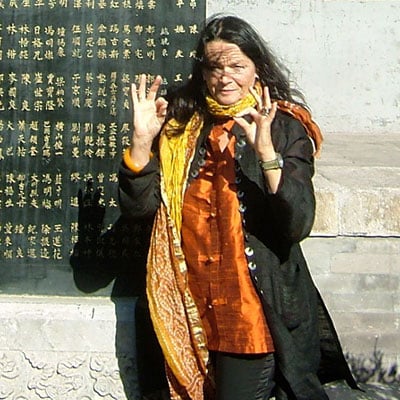
Meditations in An Emergency: Negative Ions, Dharma Gaze & Charnel Ground :: Anne Waldman
Borrowing the title from Frank O’Hara’s famous book, and O’Hara’s great elan and kinetic power, our Meditations will be a week to explore some of the ideas and practices borrowed from tantric Buddhist philosophy which is one of the backdrops for the founding of our half century Naropa University, a wild experiment of arts and mind & psychology & curative therapies & ancient languages, set in the Rockies and close to the Continental Divide, summoning both East and West to its alignment. Dante, Shakespeare, James Joyce and Gertrude Stein have been taught here. Poets from both coasts and around the country and world have found a special atmosphere in this auspicious generative environment. We gather here to re-group and continue. And honor all the traditions that push the breath to poetry, the breath you can hear so distinctly in heart / mind / imagination on the AV Kerouac School Archive––you can hear it miraculously has transmission–– push the button, start up one more time! The secret whispered lineages of poetry & poetics and an ethics of generosity for humanity. The living thread. This is an emergency. We are needed as poets, artists, thinkers, activists to turn the wheel one more time.
“And while I’m here I’ll do the work, and what’s the work/ To ease the pain of living, everything else, drunken dumbshow!” – Allen Ginsberg, “Memory Gardens”
We will read texts by meditative artists and writers such as John Cage, Leslie Scalapino, Diane di Prima, John Giorno, Joanne Kyger, Gary Snyder, Jack Kerouac, Meredith Monk, we will chant poetry sutras. We will keep a meditative Day Book, and create a collective sutra (dialogues of enlightenment), and look into the great Zen masters of haiku and haibun, and consider the dohas of Milarepa and the ancient songs of the monks and nuns of the Theragatha & Therigatha, some of civilizations oldest poetry including Enheduanna, the great wisdom poet and priestess of Mesopotomia.
We will decipher perhaps what makes impermanence and the charnel ground such an inspiration for poetry. The Romantics, the Surrealists , the Modernists, Post-moderns beam in, and we will also look at the amazing poetry communities that have flourished here, with roots in the New American Poetry radical experimental lineages: Black Arts; Language Poetry, Documentary Poetics, Somatic Poeisis, Performance, and Infrastructure Poetics to make it real, in communal space.
This “Meditations” workshop will delve into some of the studies and meditations of what I call the Dharma Gaze that has been a substantive poetic “thread” throughout my years as a poet and Buddhist student. We will begin each day with some sitting meditation. We will visit the Maitri Rooms. We will also collaborate and make a recording in the recording studio. And find our way in the maelstrom and also get lost in our work. Lots of it. We will dedicate the merit of our discoveries together.
The precarity of our existence––our work, our loves, our lives, our artistic and activist practices and the life of everything that breathes––is a further goad. I am reminded of a dharma texts admonishing “Don’t tarry! Don’t tarry!” It is a rallying cry for a civilization on the brink of tragic collapse, its denizens threatened with endless war, nuke death and genocide, immeasurable suffering, already upon us. We might take the bodhisattva vow for doing no harm and finding poetry in ourselves and everywhere in the world that helps wake the world up to itself. We are being summoned.
Anne Waldman is the author most recently of Rues du Monde, English and French (Apic Press, Algeria 2024), Bard, Kinetic (Coffee House 2023), a memoir with poetry, essays, interviews, Para Ser Estrella a Medianoche, English and Spanish, (Arrebato Libros, Madrid 2021) and co-editor with Emma Gomis of New Weathers: Poetics from the Naropa Archive (Nightboat 2022). Her most recent book from Penguin is Trickster Feminism, and forthcoming: Mesopotopia (2025).
The Grammy-nominated William S. Burroughs-inspired opera and movie, Black Lodge, with music by David T. Little and libretto by Waldman, premiered at Opera Philadelphia in 2022. Patti Smith has called Waldman’s album SCIAMACHY with cover and interior art by Pat Steir, 2020: “Exquisitely potent, a psychic shield for our times.”
She was arrested at Rocky Flats with Daniel Ellsberg and Allen Ginsberg in the 1970s, reading poems that challenged deliveries of plutonium for the manufacturing of pits for nuclear warheads. Waldman has published over 60 books of poetry, including the 1,000 page feminist epic: The Iovis Trilogy: Colors The Mechanism of Concealment which won the PEN Center Literary Award for Poetry.
She was awarded the American Book Award from the Before Columbus Foundation for Lifetime Achievement in 2015. Waldman is one of the founders and a former Director of The Poetry Project at St. Mark’s Church In-the-Bowery and a founder of the Kerouac School at Naropa University in Boulder, CO where she is the Artistic Director of the annual Summer Writing Program.
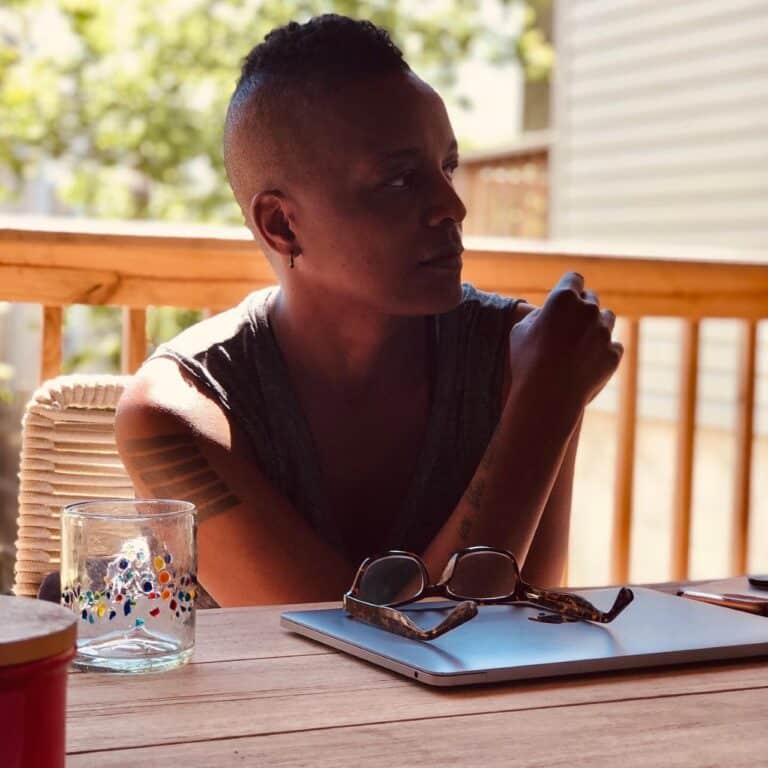
Writing Poetries of Resistance: Resisting the Information Overload :: Dawn Lundy Martin
There is a certain perversity in knowing. The disciplinary apparatuses of the state have taken forms of
which we are newly aware. They watch and document under the auspices of providing safety for citizens. We, in turn, provide almost everyone with excess access to what we do, who we believe ourselves to be, and what we think. Is counter documentation possible? What does it mean to attempt to speak against power? What narratives, forms, languages, gestures, and means toward performance can help us create future selves liberated from the overabundance of record? In this course, we will work toward uncovering the effects of surveillance and AI on writing and imagine strategies for refusing those effects. Together we will generate anti-dossiers that resist totality and information accumulation (secret or other).
Dawn Lundy Martin is the Toi Derricotte Endowed Chair of African American Poetry at the University of Pittsburgh. She is the author of several books and chapbooks including: A Gathering of Matter / A Matter of Gathering, selected by Carl Phillips for the Cave Canem Prize; DISCIPLINE which was selected by Fanny Howe for the Nightboat Books Poetry Prize and a finalist for the Los Angeles Times Book Prize; Candy , a limited edition letterpress chapbook The Main Cause of the Exodus; and The Morning Hou r, selected by C.D. Wright for the 2003 Poetry Society of America’s National Chapbook Fellowship. Life in a Box is a Pretty Life was published by Nightboat Books in 2015 and won the Lambda Literary Award for Lesbian Poetry. Her latest collection, Good Stock / Strange Blood won the prestigious Kingsley Tufts Poetry Award. Her essays can be found in The New Yorker , Harper’s Magazine , n+1 , The Believer , Ploughshares , The Chicago Review ,boundary 2 , and Best American Essays 2019 . She is currently at work on a memoir.
In 2016, Martin co-founded, with poet Terrance Hayes, the Center for African American Poetry and Poetics (CAAPP) at the University of Pittsburgh. She serves as the center’s Director. A creative think tank for African American and African diasporic poetry and poetics, CAAPP brings together a diversity of poets, writers, scholars, artists, and community members who are thinking through black poetics as a field that investigates the contemporary moment as it is impacted by historical artistic and social repressions and their respondent social justice movements.
With Vivien Labaton, Martin also co-edited The Fire This Time: Young Activists and the New Feminism(Anchor Books, 2004), which uses a gender lens to describe and theorize young activist work in the U.S. She is the co-founder of the Third Wave Foundation (New York), which was for 15 years the only young activist feminist organization in the U.S. Martin continues her activist work in collaboration with foundations and activist organizations to research and strategize about protecting the lives and freedoms of women and girls. Using intersectional lenses that bring together feminism with racial justice and LGBTQ rights, Martin works to provide analytical frameworks that assist philanthropic organizations in strategic philanthropy to level the playing field and animate social justice reforms.
Martin’s current creative-scholarly work operates at the intersecting fields of experimental poetics, video installation, and performance. Letters to the Future: BLACK WOMEN / Radical WRITING , co-edited with Erica Hunt, was published in 2018 by Kore Press. Her video installation work has been featured at the Museum of Contemporary Art Detroit. In 2016 she was awarded an Investing in Professional Artists Grant from the Pittsburgh Foundation and the Heinz Endowments. Martin has also written a libretto for a video installation opera, titled “Good Stock on the Dimension Floor,” featured in the 2014 Whitney Biennial, and collaborated with architect Mitch McEwen on Detroit Opera House, a conceptual architecture project. She is the recipient of a 2018 NEA grant for Creative Writing. With Ronaldo V. Wilson and Duriel E. Harris, she is also a co-founder of the Black Took Collective, an experimental performance art/poetry group of three.
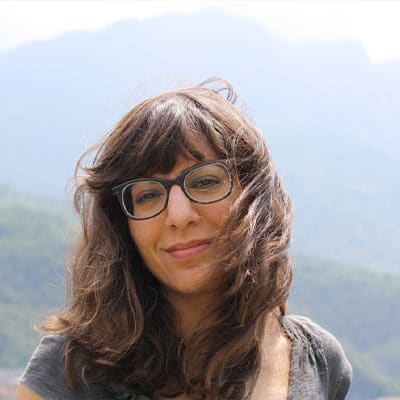
2024, To be in a Time of War :: Carolina Ebeid
This class borrows its title from Etel Adnan’s poem sequence that records life in California in its mundane minutiae while the Iraq War begins: “To put the radio back on. To hear bombs falling on Baghdad. To listen to ambulances. To go out on the deck. To look at the lengthening shadows on the grass. To count a few dead flies on the pane.” Her poem points to the geographical distances of war, and how it is brought telepathically near. What is it to be a writer amidst global, political, cultural and ecological distress? How and what are we writing? How and to what are we paying attention? With the work of Adnan, Fady Joudah, Samer Abu Hawwash, and Pauline Oliveros, we will explore the very subject of attention, while we develop a generative listening practice for our writing and thinking. This week we will center the sense of sound: we’ll collect field recordings, experiment with our voices, and together create sound collages or sound nets. Please bring with you a device capable of digitally recording sound (though if you have access to analogue recording materials, please bring those as well).
Carolina Ebeid is a multimedia poet. Her first book You Ask Me to Talk About the Interior was published by Noemi Press as part of the Akrilica Series, and selected as one of ten best debuts of 2016 by Poets & Writers. Dauerwunder, a chapbook about finding the voice of ancestors within the digital glitch has just been released by Albion Books. Her work has been supported by the Stadler Center for Poetry at Bucknell University, Bread Loaf, CantoMundo, the NEA, as well as a residency fellowship from the Lannan Foundation. A longtime editor, she currently edits poetry at The Rumpus, as well as the multimedia zine Visible Binary. Carolina grew up in West New York, New Jersey in a Cuban and Palestinian family. She currently serves as the Bonderman Visiting Assistant Professor at Brown University where she teaches poetry and video-art.
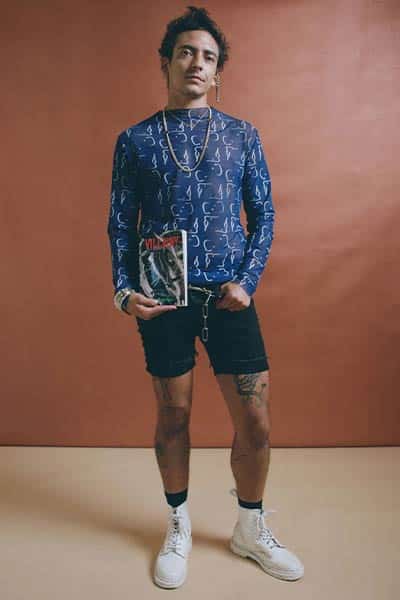
DOCUMENTARY POETICS & PERFORMANCE :: Andrea Abi-Karam
When thinking of Cecilia Vicuña’s lines “A poem only becomes poetry when its structure / is made not of words but of forces,” we are moved to transform language into the physical. In diving into research documents and data as raw material for poetic practice, Solmaz Sharif asks, “What happens to a documentary impulse or what happens to a camera’s eye when it no longer looks out?” In this generative workshop, we’ll explore our own artistic lineages, search for documentary sources, summon radical ekphrasis, trial performance strategies, and implement the documentary as a tactic to transform poetics of witness into poetics of accomplice. This endeavor demands the direct implication of all involved: reader, writer, subjectivities and audience—for guidance, we’ll look to Cecilia Vicuña, Ana Mendieta, Renee Gladman, Etel Adnan, Solmaz Sharif, and Fargo Tbakhi.
Andrea Abi-Karam is a trans, arab-american punk poet-performer cyborg. They are the author of EXTRATRANSMISSION, and with Kay Gabriel, they co-edited We Want It All: An Anthology of Radical Trans Poetics. Their second book, Villainy reimagines militant collectivity in the wake of the Ghost Ship Fire and the Muslim Ban. They are currently working on a poet’s novel.
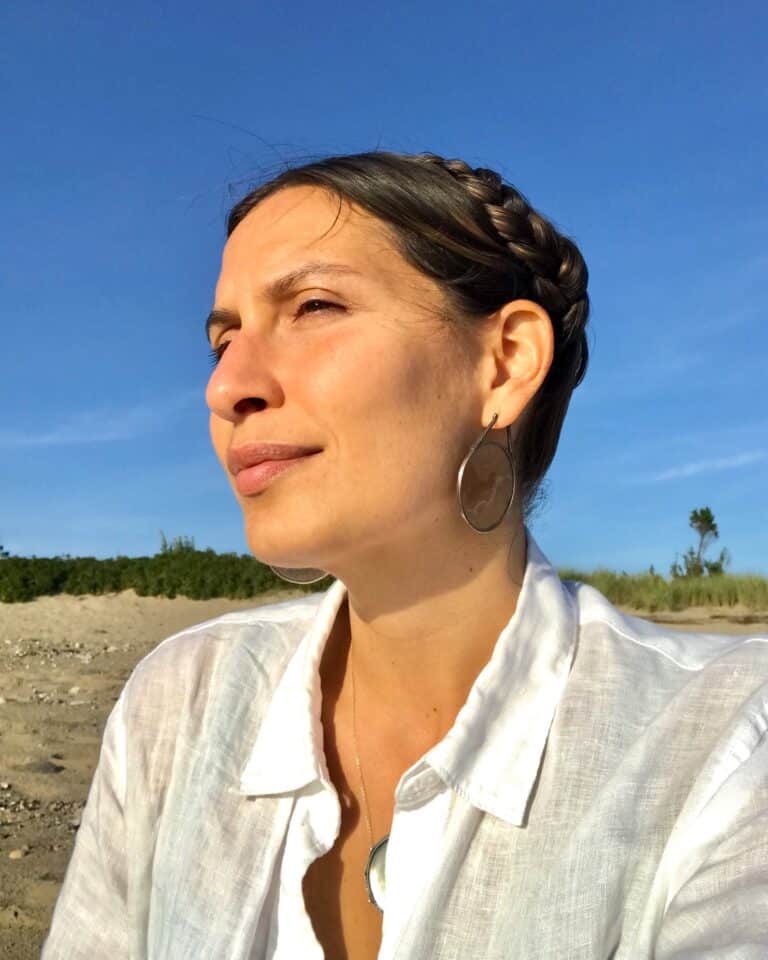
Writing Ceremony: Rituals in Visionary Poetics :: Danielle Vogel
Ceremonies are sacred observance. They are containers woven through ritual within which we make contact with the liminal. In these revolutionary times, we need ceremony more than ever. Ceremonies of celebration, mourning, transmutation, mystery. How can a poem as an extended ceremonial field of a body serve as a site of radical transformation and sacred observance? How can languaging create contact zones with seen and unseen worlds? How might the alphabet act as a divinatory and devotional tool? How can the writing workshop be transmuted into a coven of care? Drawing on her private well of oracular and divinatory practices, poet, artist, herbalist, and ceremonialist Danielle Vogel has designed a sequence of “writing ceremonies” curated for those seeking to deepen their foundational skills in ceremonial arts and visionary poetic practices. In the company of poet-guides such as Mei-mei Berssenbrugge, M. NourbeSe Philip, Hoa Nguyen, Alice Notley, angela rawlings and Cecilia Vicuña, we will develop our own ceremonial forms. We will cast circles, set intentions, build altars, practice protection and ritual safety, explore ritual objects and ceremonial tools, delve into the physic Clairs, engage in interspecies, elemental, and ancestral communication, dream divination, scrying, and more. Students are invited to arrive with a project, question, place, event or history they wish to hold ceremonially. They may arrive with a ritual practice in place or simply a calling to listen to their own intuitive cores in new and profound ways.
Danielle Vogel is a poet and interdisciplinary artist working at the intersections of queer and feminist ecologies, somatics, and ceremony. She is the author of the hybrid poetry collections A Library of Light (Wesleyan University Press 2024), Edges & Fray (Wesleyan University Press 2020), The Way a Line Hallucinates Its Own Linearity (Red Hen Press 2020), and Between Grammars (Noemi Press 2015). Her installations and site-responsive works have been displayed at RISD Museum, among other art venues, and adaptations of her work have been performed at such places as Carnegie Hall in New York and the Tjarnarbíó Theater in Reykjavík, Iceland. Vogel is committed to an embodied, ceremonial approach to poetics and relies heavily on field research, cross-disciplinary studies, and archives of all kinds. Her installations and site-responsive works—or “ceremonies for language”—are often extensions of her manuscripts and tend to the living archives of memory shared between bodies, languages, and landscapes. She earned a PhD in literature and creative writing from the University of Denver and an MFA in creative writing and poetics from Naropa University. She is currently associate professor at Wesleyan University where she teaches workshops in experimental poetics, investigative and documentary poetics, ecopoetics, hybrid forms, memory and memoir, the lyric essay, and composing across the arts. She lives in the Connecticut River Valley where she also runs a private practice as an herbalist and flower essence practitioner.
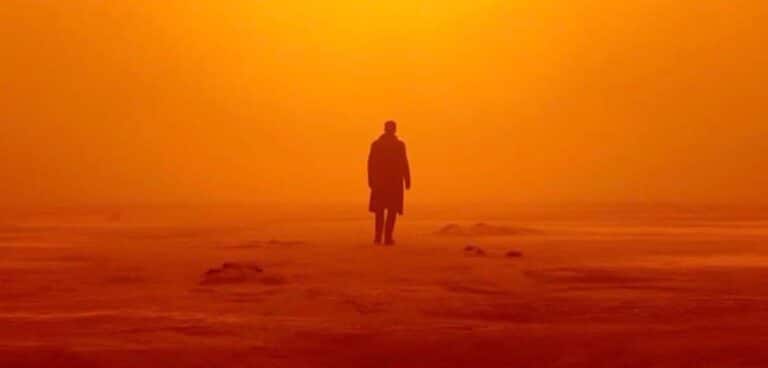
:: Roger Reeves
Roger Reeves is the author of Best Barbarian (W.W. Norton & Co., 2022), a finalist for the National Book Award and winner of the Kingsley Tufts Poetry Award. Tracy K. Smith called it “a revelation and a form of reparation.” His debut collection is King Me (Copper Canyon Press, 2013), a Library Journal Best Poetry Book of the year, and winner of the Larry Levis Reading Prize, the PEN/Oakland Josephine Miles Literary Award, and a John C. Zacharis First Book Award. His next book is Dark Days: Fugitive Essays to be published by Graywolf in August 2023. His poems have appeared in journals such as Poetry, Ploughshares, American Poetry Review, Boston Review, and Tin House, among others. He was awarded a 2013 NEA Fellowship, Ruth Lilly Fellowship by the Poetry Foundation in 2008, a Hodder Fellowship from Princeton University, two Bread Loaf Scholarships, an Alberta H. Walker Scholarship from the Provincetown Fine Arts Work Center, two Cave Canem Fellowships and a Whiting Award.
Asked by Ru Freeman in the Huffington Post if he felt there was a particular universality in his work, Reeves responded, “No, I don’t believe my work is particularly universal. I don’t agree or believe in the universal. Many critics have argued this point so I will only say this: often, when we use the term universal, we secretly and not-so secretly mean white and white cultural epistemes. That’s why I resist the term.”
He earned a BA in English from Morehouse College, an MA in English from Texas A & M University, an MFA from the James A. Michener Center for Creative Writing at the University of Texas at Austin, and a PhD from the University of Texas at Austin. He is currently a fellow at the Harvard Radcliffe Institute and an associate professor of English and creative writing at the University of Texas at Austin.
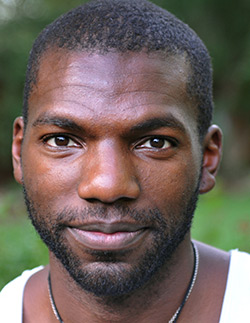
Dharma Arts :: Ramon Gabrieloff- Parish
Ramon Parish, an esteemed core assistant professor in Naropa’s Interdisciplinary Studies department, brings a wealth of interdisciplinary experience to his role. His unique approach encompasses ritual and ceremony as tools for community development, intercultural understanding, ecological awareness, and personal transformation. With a background in developing innovative study programs at Prescott College, Ramon harnesses the power of ritual and ceremony to foster deeper connections between individuals and their environment.
He encapsulates his teaching philosophy eloquently, stating, “People already know many things… Real learning and transformation both take place in that contact, not through the input or memorization of knowledge or information. They come through grounding and body-based awareness – embodied mindfulness – whole-person embodiment.” His embodiment-focused approach aligns seamlessly with Naropa’s values, fostering genuine connections and self-knowledge among students and educators alike.
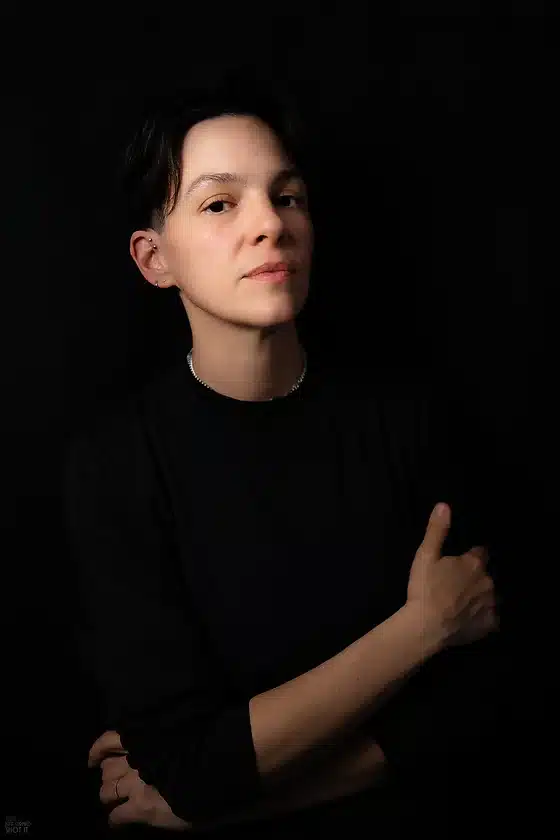
MFA Lecture :: Stella Corso
Stella Corso is the author of the poetry collections Green Knife (Rescue Press, 2023) and TANTRUM (Rescue Press, 2017), selected by Douglas Kearney for the Black Box Prize, along with the chapbooks Taboo Vivant (blush lit, 2022) and Wind & the Augur (Sixth Finch, 2021). She is a founding member of the Connecticut River Valley Poets’ Theater (CRVPT) and the current Managing Editor of Denver Quarterly and FIVES.
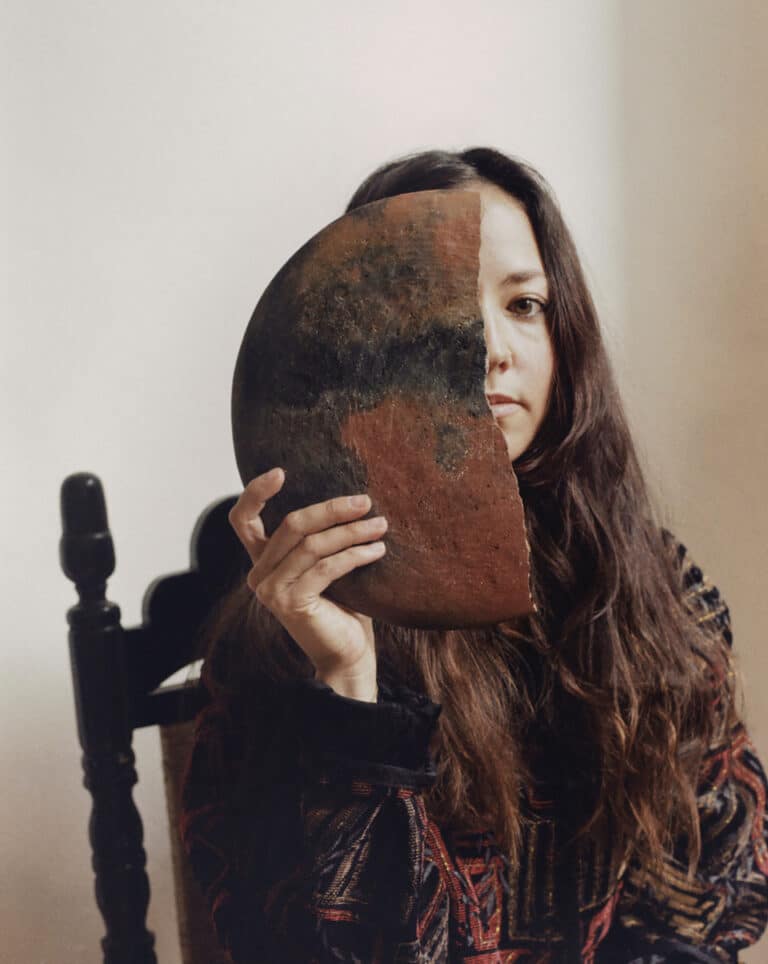
Special Guest :: Lucía Hinojosa Gaxiola
Photo by Kim Jakobsen Tô
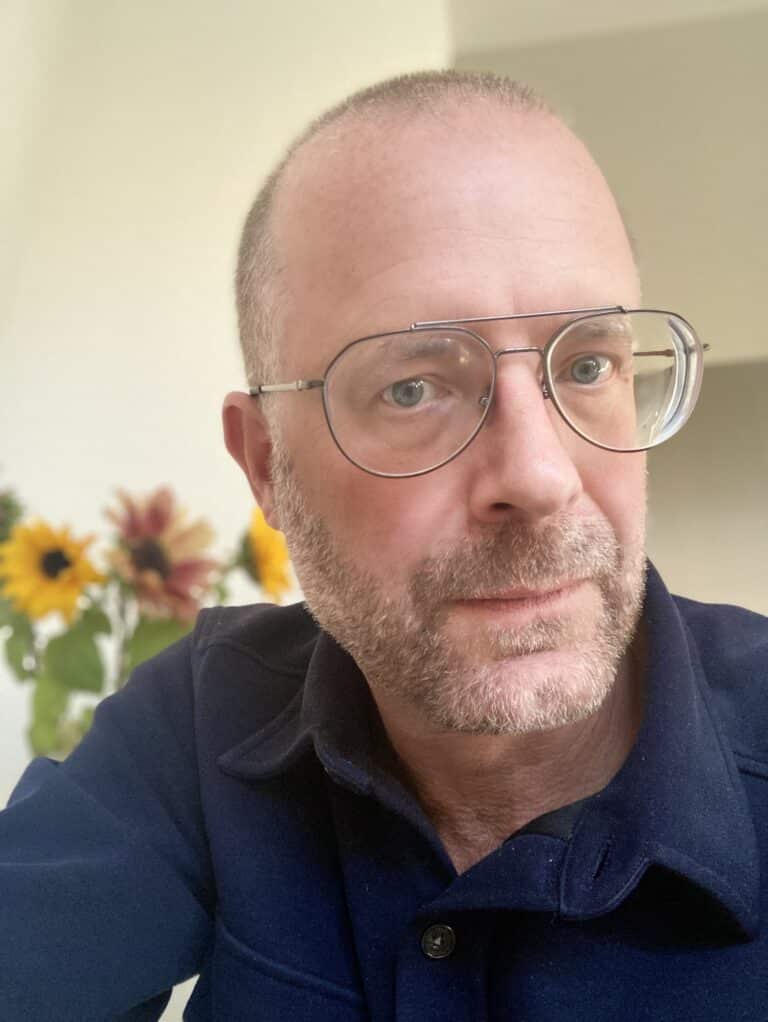
Special Guest :: Graham Foust
Graham Foust lives in Colorado and works at the University of Denver. His latest book is Terminations (Flood Editions 2023). With Samuel Frederick, he has co-translated four books by the late German poet Ernst Meister, including Wallless Space, a 2015 finalist for ALTA’s National Translation Award.
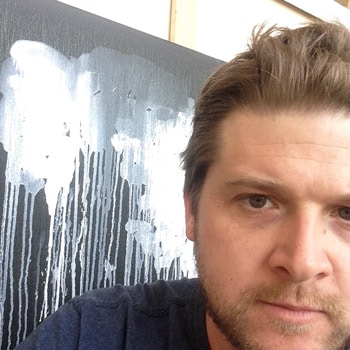
Harry Smith Recording Studio
Ambrose Bye is a musician, engineer, and producer living in Mexico City, and is the co-founder of Fast Speaking Music with Anne Waldman. He has produced over 20 albums and frequently collaborates with poets. Recent productions include “Among the Poetry Stricken” (Clark Coolidge and Thurston Moore) and “Artificial Happiness Button” (Heroes are Gang Leaders). He has worked and performed at Masnaa and the Ecole de la Literature in Casablanca, Le Maison de Poesie in Paris, the fieEstival Maelstrom in Brussels, the Henry Miller Library in Big Sur, Pathway to Paris at Montreal POP 2015, and Casa Del Lago in Mexico City. He has also been involved in the recording studio and workshops at the Summer Writing Program at Naropa University since 2009.
Fast Speaking Music

